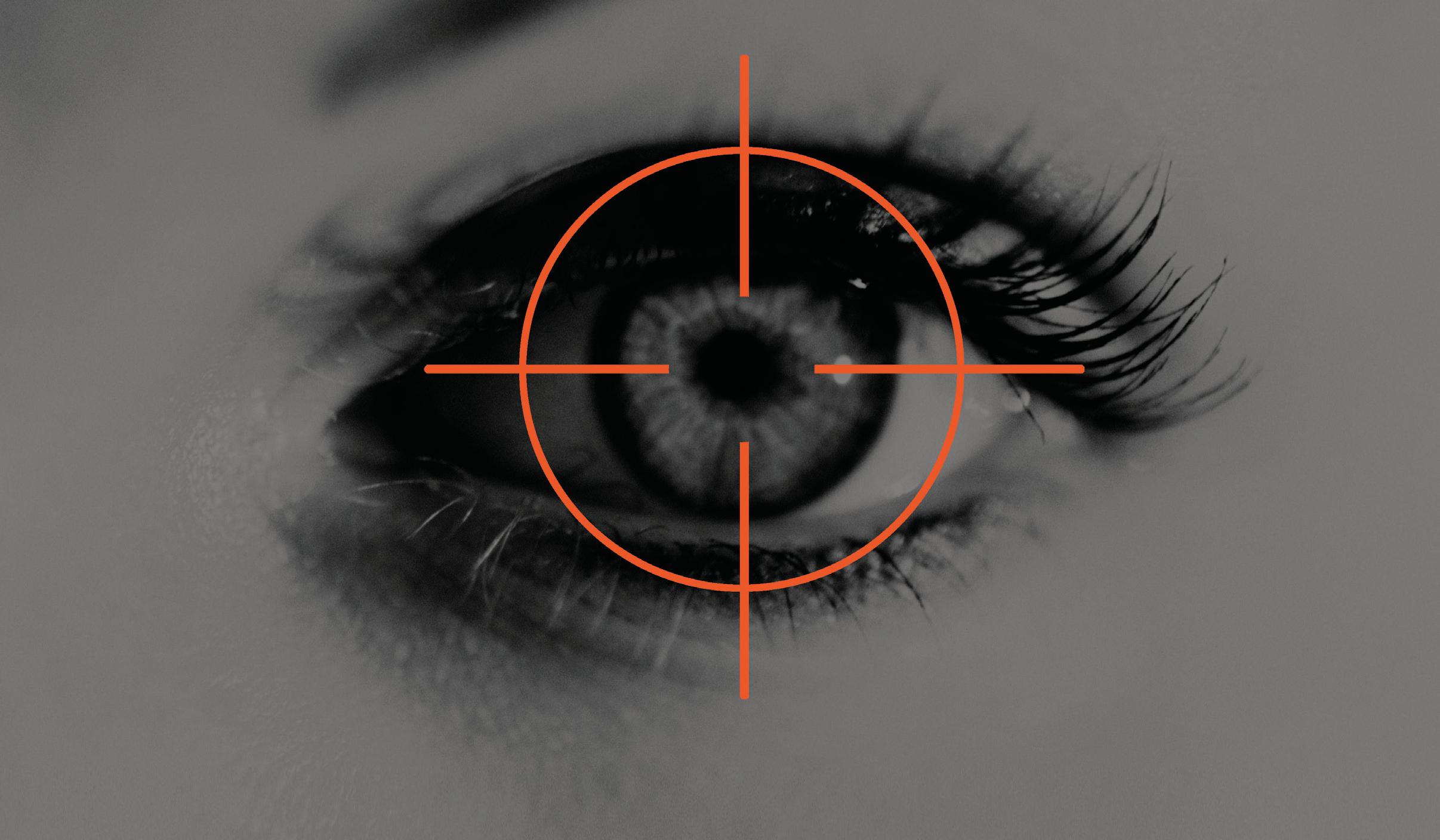
If you witness an event you may be asked to tell others what you heard and saw. The accuracy of your memories is particularly important if you’re providing testimony as an eyewitness to a crime or an accident. You might have to tell a police officer or a judge some specific details about what happened. A lot can rest on these statements, but our memories are not perfectly accurate and we may remember details that never happened, or forget those that did. These distortions to the accuracy of our memories can be influenced by something as simple as the language used in the questions we are asked.
Cognitive psychologists have tried to discover whether memories can be changed after the event. For example, can a memory change in response to the way questions are asked about it? Information provided after an event is described as post-event information.
Your organisation does not have access to this article.
Sign up today to give your students the edge they need to achieve their best grades with subject expertise
Subscribe




